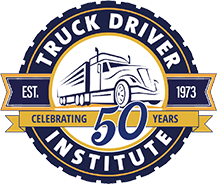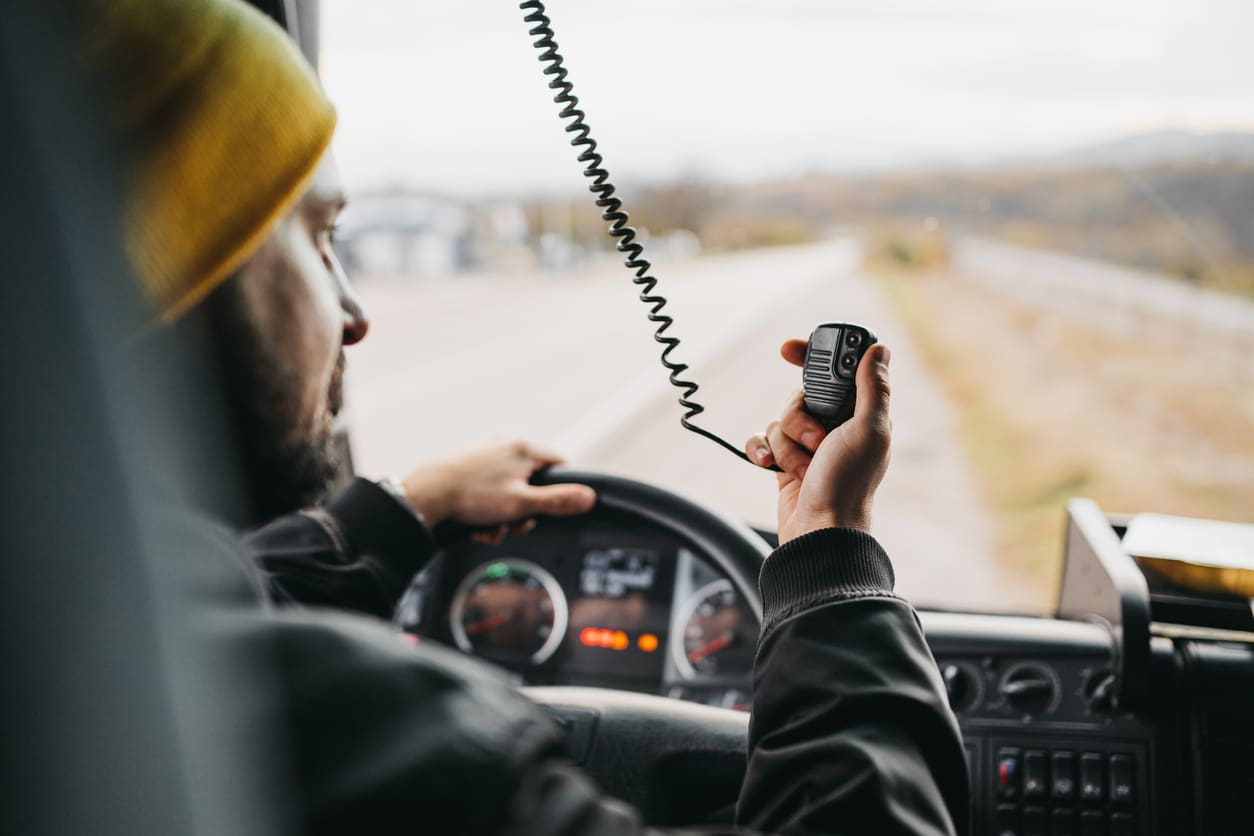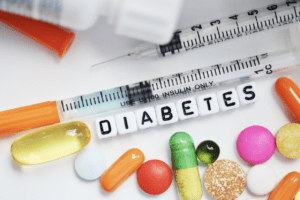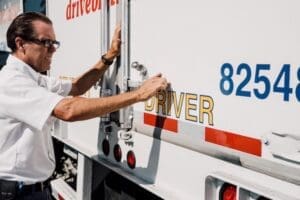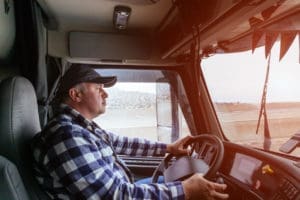What are Common Truck Driver Abbreviations
When you join the trucking industry, abbreviations just become an essential part of your life. With all the letters getting thrown around it can be kind of hard to keep up at times. CDL and ELDT are just two of the many abbreviations used in the trucking industry. Keep reading to learn more common truck driver abbreviations.
Common Truck Driver Abbreviations You Need to Know
The first thing you probably already know about common truck driver abbreviations is that CDL stands for commercial driver’s license. This is probably the most important and most common abbreviation used in the industry. Another common abbreviation is ELDT which stands for Entry Level Driver Training. ELDT is now required by anyone trying to get their CDL. Here are more common truck driver abbreviations.
DOT
DOT stands for Department of Transportation. The DOT was established by Congress in 1966 and its first official year of operation was in 1967. The DOT was created in order to help maintain and establish the nation’s transportation system.
FMCSA
FMCSA stands for Federal Motor Carrier Safety Administration. The FMCSA is the leading organization that provides safety oversight for Commercial Motor Vehicles (CMVs). They are working to reduce crashes and injuries involving large trucks and buses.
FHWA
FHWA is the Federal Highway Administration. They are an agency within the DOT and they support state and local governments in maintaining and sustaining the National highway system. Like the DOT, they were also founded in 1966, though they had several predecessors that had similar goals to them.
GVW
GVW is Gross Vehicle Weight which is the average weight of the unloaded vehicle and the weight of the load the vehicle is carrying. Your GVW will be taken into consideration at weigh stations. It’s important that your truck not be overweight because some roads and highways can’t handle that.
OTR
OTR stands for over the road. There are three main types of truck drivers. OTR, Regional and local. OTR is the most common job new drivers take as it helps them gain experience quickly. OTR drivers get paid great money and travel all over the country. Regional drivers drive throughout the week but are typically home on weekends. Instead of going all across the country, they stay within their region and are likely to make deliveries to the same customer repeatedly. Local drivers operate within a 100-mile radius.
Fun Common Truck Driver Abbreviations
Besides the serious technical terms, there are a lot of fun truck driver abbreviations that are used on the road every day. These terms and abbreviations are typically used over CB radio to help truckers communicate with each other easily and efficiently while on the road. CB stands for “citizen’s band” and was created in 1945 by Al Gross who also invented the Walkie-Talkie.
CB Radio became so popular that the FCC, Federal Communications Commission designated 23 channels to be used only for CB radio. Those 23 channels increased to 40 as CB radio became very popular in the 1970s. There was an oil shortage in 1973 and the price of gas increased. People then learned that they could use CB radio to tell each other what gas stations had gas and where the police had speed traps set up. The language slowly evolved to warn other drivers of roadside emergencies and police officers.
Keep reading and enjoy these fun common truck driver abbreviations.
Alligator
Alligator is a piece or multiple pieces of old tire in the road. If you’ve driven over, these seemingly safe tire pieces can really damage your truck. They can damage hoses, belts, and more. Alligator is named as such because if positioned in the right way, it can look like an alligator is laying in the road.
Bear
A bear is typically a police officer on the road. However, a police officer may also be called Smokey. If you hear the term “bear trap” that means that police are near looking to catch speeders. In any case, if you ever hear “bear”, know that police are around.
Chicken Coop
If you hear the term chicken coop over CB radio, they are talking about a weigh station. Weigh stations got the name chicken coop because large trucks are forced into small confined spaces and weighed much like chickens on a farm.
10-Codes
Another large part of CB radio usage is 10 codes. These codes are an even faster shorthand for CB radio talk. Here is a list of the most commonly used 10 codes in truck driving.
- 10-1 – I can’t hear you
- 10-2 – I can hear you
- 10-3 – Stop transmitting
- 10-4 – Message received
- 10-6 – Busy/on hold
- 10-9 – Repeat the message
- 10-10 – Done transmitting
- 10-13 – Weather/road conditions
- 10-17 – Urgent business
- 10-20 – Your current location
- 10-23 – Stand by
- 10-27 – I’m moving to channel [insert channel number]
- 10-33 – Emergency traffic at this station
- 10-38 – Ambulance needed at [insert location]
- 10-42 – Traffic accident at [insert location]
- 10-45 – All units within range please report
- 10-62 – Unable to copy, please use a phone
- 10-99 – Mission completed
- 10-100 – Bathroom break
- 10-200 – Police needed at [insert location]
Learn More About Common Truck Driver Abbreviations at TDI
When you sign up at TDI you’re signing up for a 3-week education and a start to a great career. TDI is the best in the business and offers post-graduation support to all its students. You could get started for as little as $225 dollars out of pocket when you get an education from TDI. With our stellar graduation rate, you’re sure to be in good hands here with us.
We have 11 locations so you can get an education no matter where you’re located. Sign up for your CDL from TDI and get your education today.
Get Started
Get your Class A CDL in our friendly, supportive CDL training program. TRAIN with experienced instructors – multiple good-paying, secure job choices with benefits available for eligible graduates. EARN $700 – $1000+ / week to start as a truck driver. Get started today by filling out the form below. We look forward to hearing from you!
